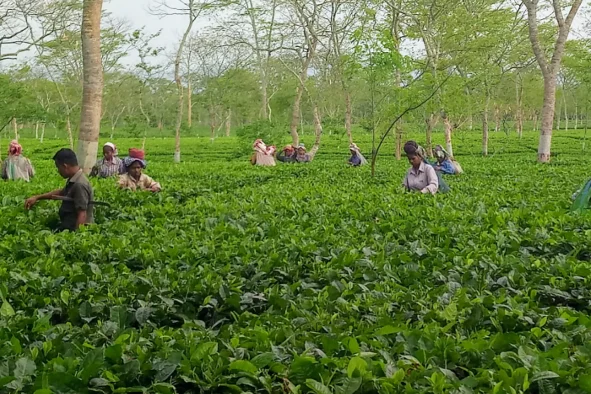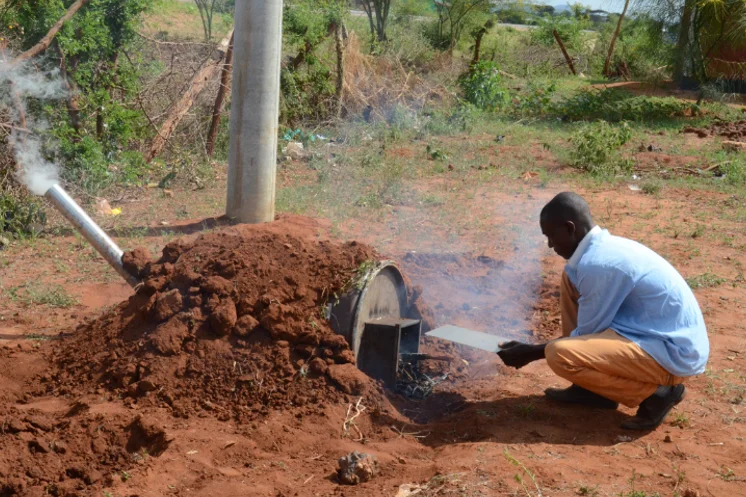The extra mile for sustainable change in the tea industry

International Tea Day and Sustainable Tea Industry Efforts
Today, as we celebrate International Tea Day in tea-producing countries, it is essential to recognize the strides made towards improving the livelihoods of tea workers and smallholder farmers. Despite the challenging conditions in the tea market, numerous initiatives aim to foster sustainable change across the global tea value chain.
Enhancing Impact Through Partnerships
- India: Significant progress has been made with the locally developed and owned India tea code, ‘trustea’, which now verifies 48% of the Indian market. This code ensures sustainable practices in tea production, benefiting both the environment and the workers.
- Kenya: The tea sector in Kenya has seen inspiring case studies focusing on gender equality and deforestation prevention. Collaborative efforts with partners like KTDA, James Finlays Kenya, and Unilever Tea Kenya have led to meaningful progress in the South West Mau Forest.
Key Achievements in Kenya
- South West Mau Forest Initiatives: With the partnership of James Finlays Kenya, a business case has been developed highlighting the benefits of a landscape approach to tea production and forest conservation.
- Stawisha Mau Charitable Trust: The trust is discussing a Collaborative Framework with the Kenya Forest Service to formalize the long-term joint management of the South Western Mau Forest Block. This collaboration aims to ensure the sustainable management and protection of this vital forest area.
Sector-Wide Transformation Through the Global Tea Coalition
The Global Tea Coalition is working towards a sector-wide transformation, emphasizing sustainable practices, fair trade, and improved working conditions. By engaging various stakeholders across the tea value chain, the coalition seeks to implement holistic changes that benefit all participants, from producers to consumers.
Conclusion
On this International Tea Day, the tea industry reflects on the progress made and the future steps needed for sustainable change. Through partnerships and collaborative efforts, the industry aims to create a more equitable and environmentally responsible tea sector. As we enjoy our cups of tea today, let us appreciate the ongoing efforts to improve the lives of those who make it possible and to ensure a sustainable future for the tea industry.
 Albania
Albania Algeria
Algeria Andorra
Andorra Argentina
Argentina Armenia
Armenia Australia
Australia Austria
Austria Azerbaijan
Azerbaijan Bahrain
Bahrain Belgium
Belgium Bolivia
Bolivia Brazil
Brazil Bulgaria
Bulgaria Cambodia
Cambodia Cameroon
Cameroon Canada
Canada Chad
Chad Chile
Chile China
China Colombia
Colombia Costa Rica
Costa Rica Croatia
Croatia Cyprus
Cyprus Czechia
Czechia Denmark
Denmark Ecuador
Ecuador Egypt
Egypt Finland
Finland France
France Georgia
Georgia Germany
Germany Ghana
Ghana Greece
Greece Hungary
Hungary Iceland
Iceland India
India Indonesia
Indonesia Ireland
Ireland Italy
Italy Jamaica
Jamaica Japan
Japan Jordan
Jordan Kazakhstan
Kazakhstan Kenya
Kenya Kuwait
Kuwait Latvia
Latvia Lebanon
Lebanon Libya
Libya Lithuania
Lithuania Luxembourg
Luxembourg Malaysia
Malaysia Maldives
Maldives Mali
Mali Malta
Malta Mexico
Mexico Moldova
Moldova Monaco
Monaco Morocco
Morocco Netherlands
Netherlands New Zealand
New Zealand Nigeria
Nigeria North Macedonia
North Macedonia Norway
Norway Oman
Oman




